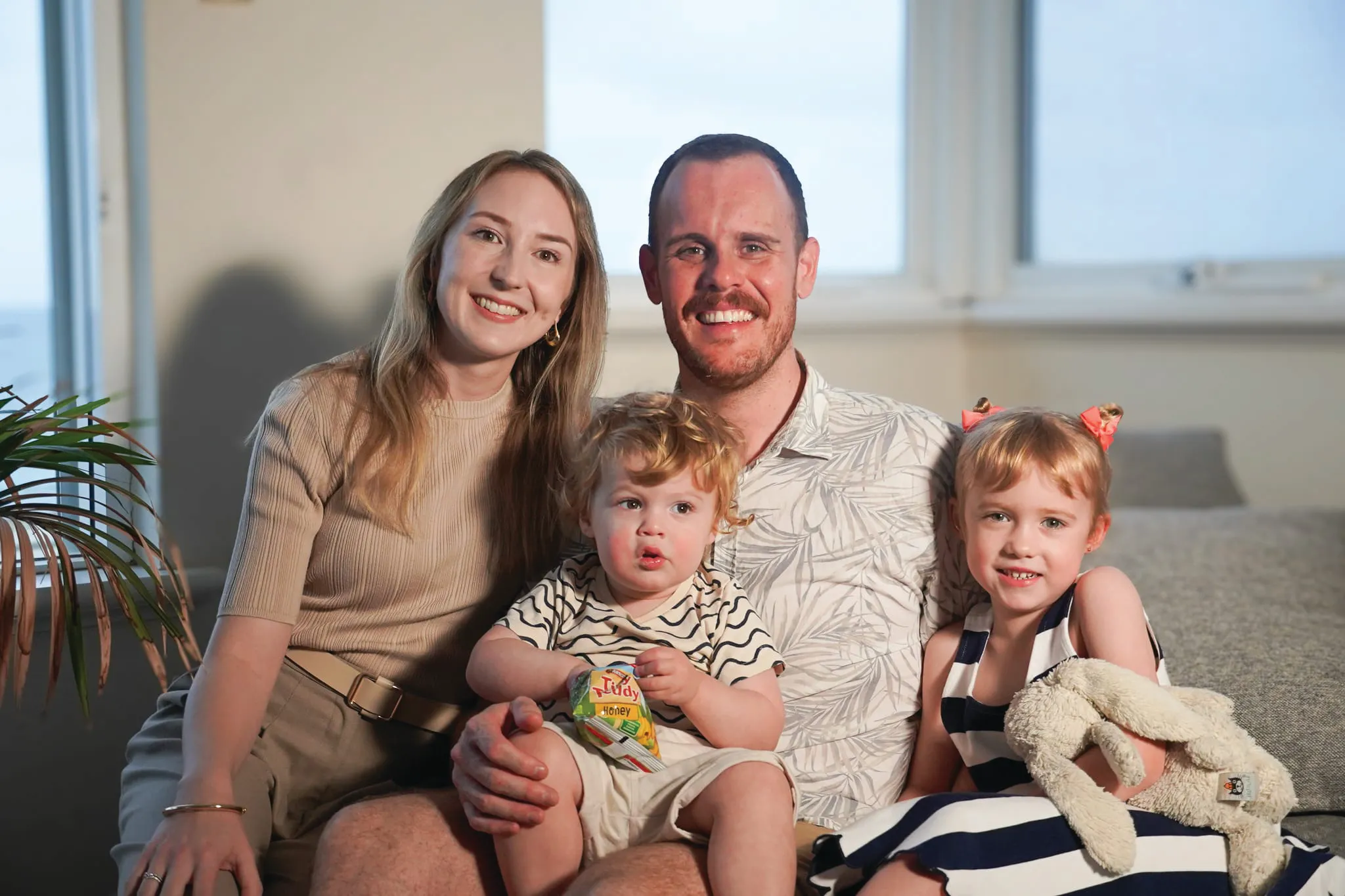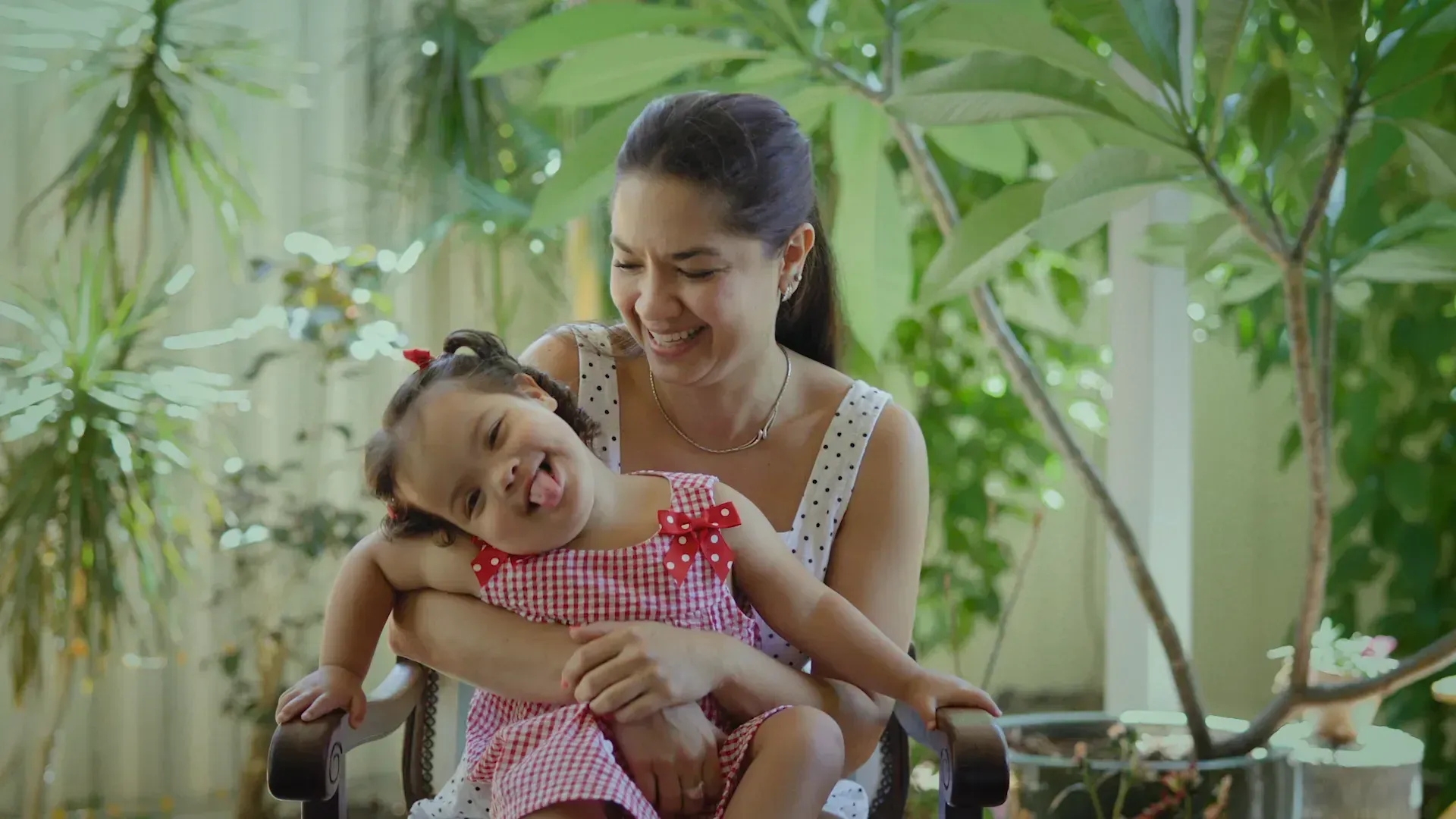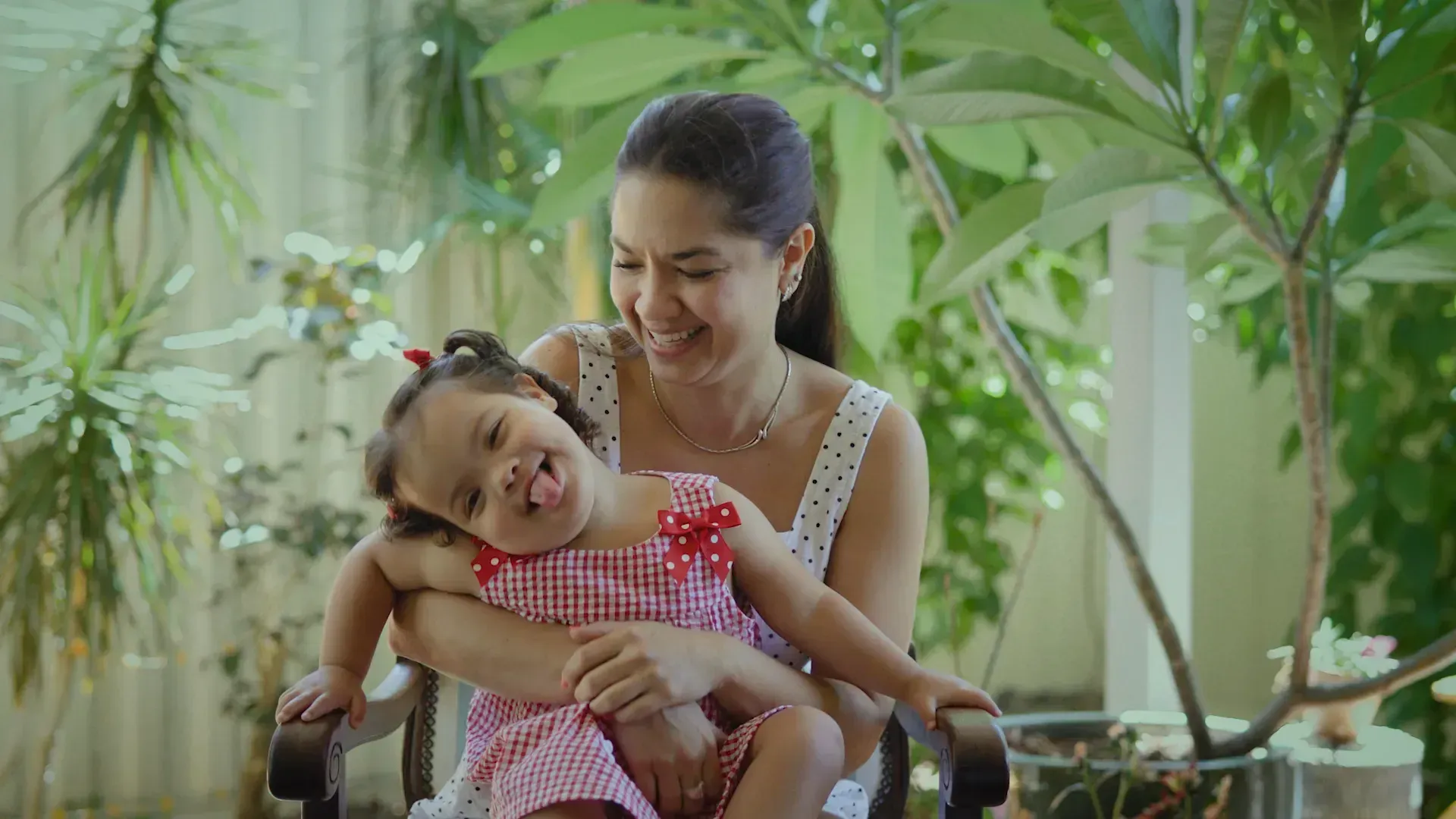
WA Pilot Outcomes

Inklings has been developed over a period of a decade by an international team of health professionals and researchers through a pilot and two randomised controlled trials. The studies were conducted with a very high level of rigour and included longitudinal follow up assessments of the children up to 2 years after program completion.
Outcomes of the research have shown that babies who received the program were found to have developmental gains in their social interaction and communication abilities, and caregivers were better able to adapt their communication style to the needs of their baby. The two clinical trials had comparable findings, which provides high confidence in the results.
As with all rigorous clinical trials, the safety of participants was monitored through the trials, and the trials were approved and overseen by human research ethics committees.
The original research manual, named iBASIS, was developed around 2010 by our colleagues in Manchester (UK) and has undergone several updates to become the current Inklings manual.
Prior to the 2023 Western Australian implementation pilot, the program was transformed from a research protocol into a clinical program manual. This revision simplified complex scientific terminology and revised the language to be more in line with the neurodiversity paradigm.
A further update to the manual occurred in 2025 in partnership with Autistic and AuDHD health professionals, including speech pathologists and developmental and educational psychologists. Through this partnership, we identified areas where clarity and language could be enhanced further. Through these updates, core components of the program and the way the practitioner works with families remain largely unchanged. This update will be ready for implementation in early 2026.
At The Kids Research Institute Australia, research evidence is at our core. As the implementation pilots in Western Australia and South Australia progress, Inklings is undergoing independent external evaluation alongside our own internal evaluation.
The pilot evaluations aim to understand the best conditions for implementing the Inklings Program at scale within the current early intervention ecosystems within each state. In Western Australia, the evaluation is being overseen by the National Disability Insurance Agency, and, in South Australia, by the South Australian Government Office of Autism.
Find out more about the Western Australia Pilot outcomesGreen, J, Charman, T, Pickles A, et al. (2015). Parent-mediated intervention versus no intervention for infants at high risk of autism: a parallel, single-blind, randomised trial. Lancet Psychiatry, 2, 133–40.
Green J, Pickles A, Pasco G, et al. (2017). Randomised trial of a parent-mediated intervention for infants at high risk for autism: longitudinal outcomes to age 3 years. Journal of Child Psychology & Psychiatry, 58, 1330–40.
Green, J, Wan MW, Guiraud J, et al; BASIS Team. (2013). Intervention for infants at risk of developing autism: a case series. Journal of Autism and Developmental Disorders, 43(11): 2502-2514.
Whitehouse AJO, Varcin KJ, Alvares GA, et al. (2019). Pre-emptive intervention versus treatment as usual for infants showing early behavioural risk signs of autism spectrum disorder: a single-blind, randomised controlled trial. The Lancet Child & Adolescent Health, 3(9), 605-615.
Whitehouse AJO, Varcin KJ, Pillar S, et al. (2021). Effect of preemptive intervention on developmental outcomes among infants showing early signs of autism: a randomized clinical trial of outcomes to diagnosis. JAMA Pediatrics, 175(11), e213290.
Bent CA, Aulich A, Constantine C, et al. (2024). Autistic and autism community perspectives on infant and family support in the first two years of life: Findings from a community consultation survey. Autism, https://doi.org/10.1177/13623613241262077

WA Pilot Outcomes

Contact us